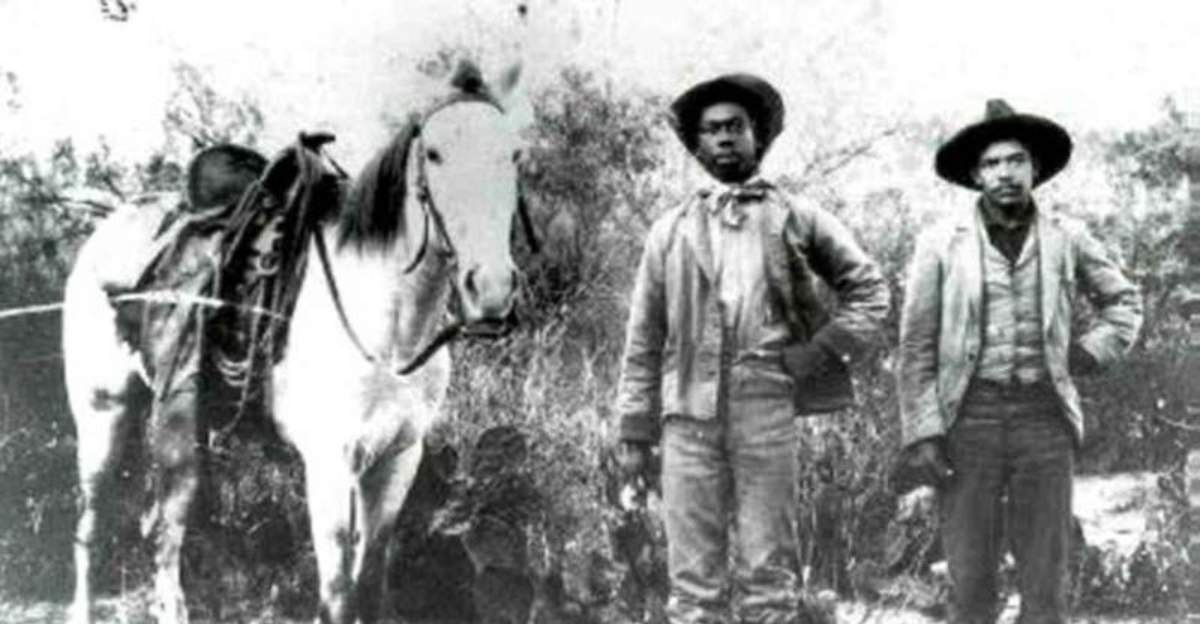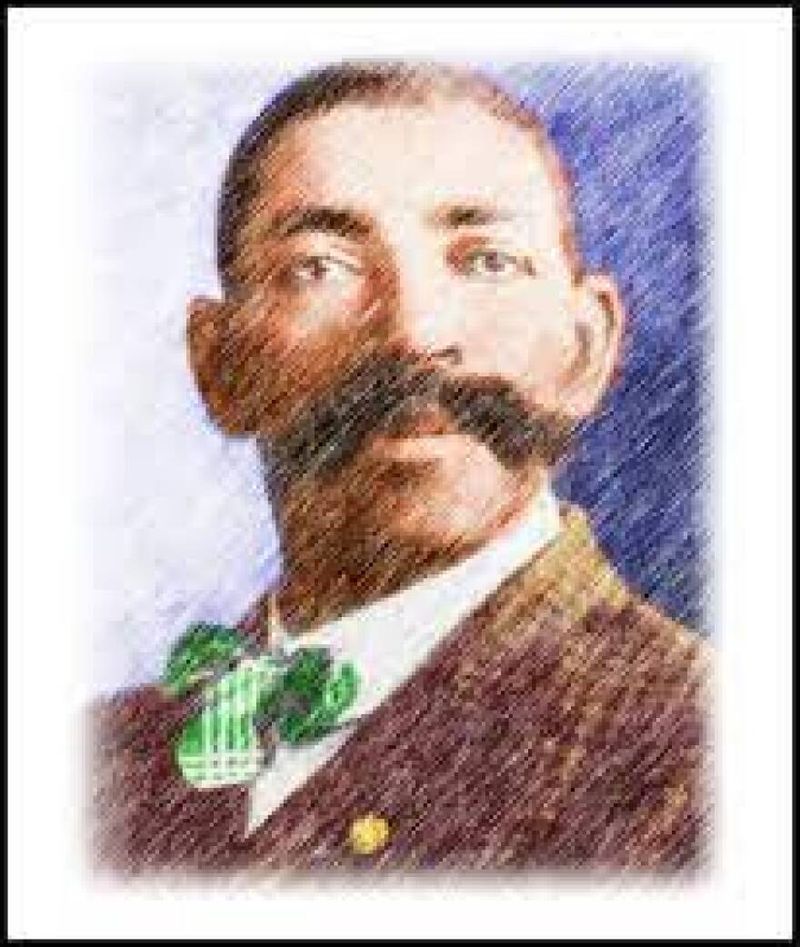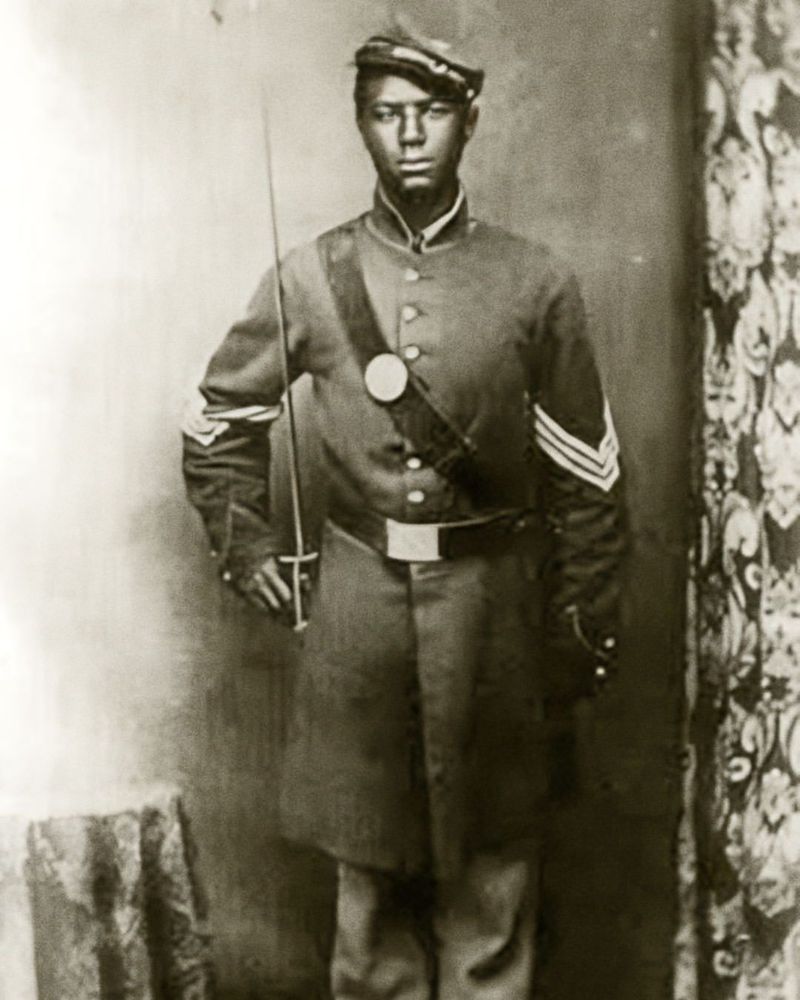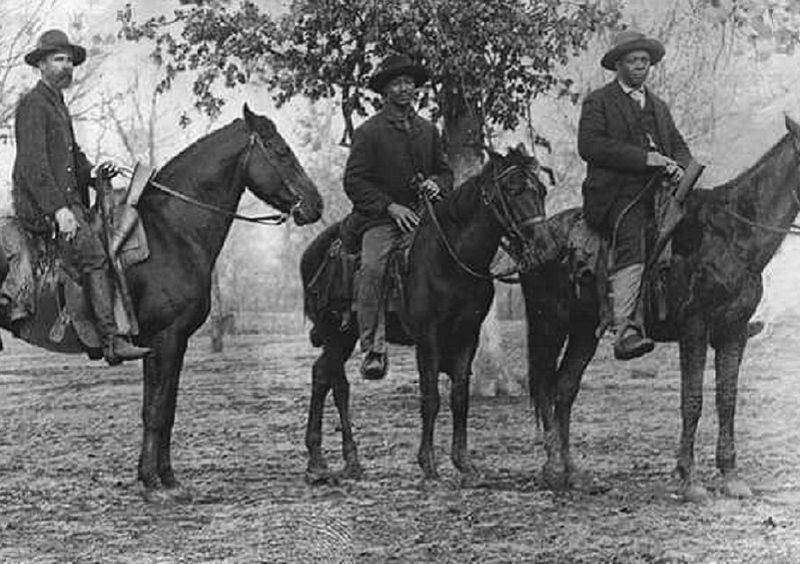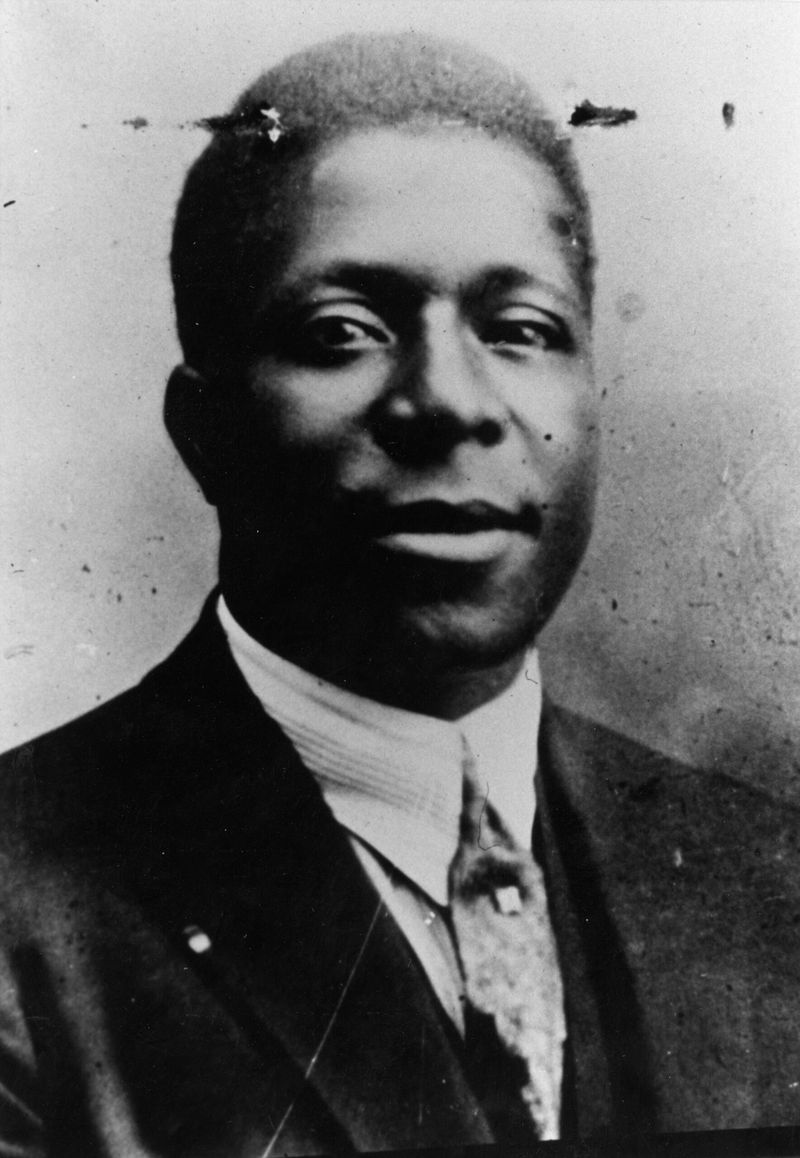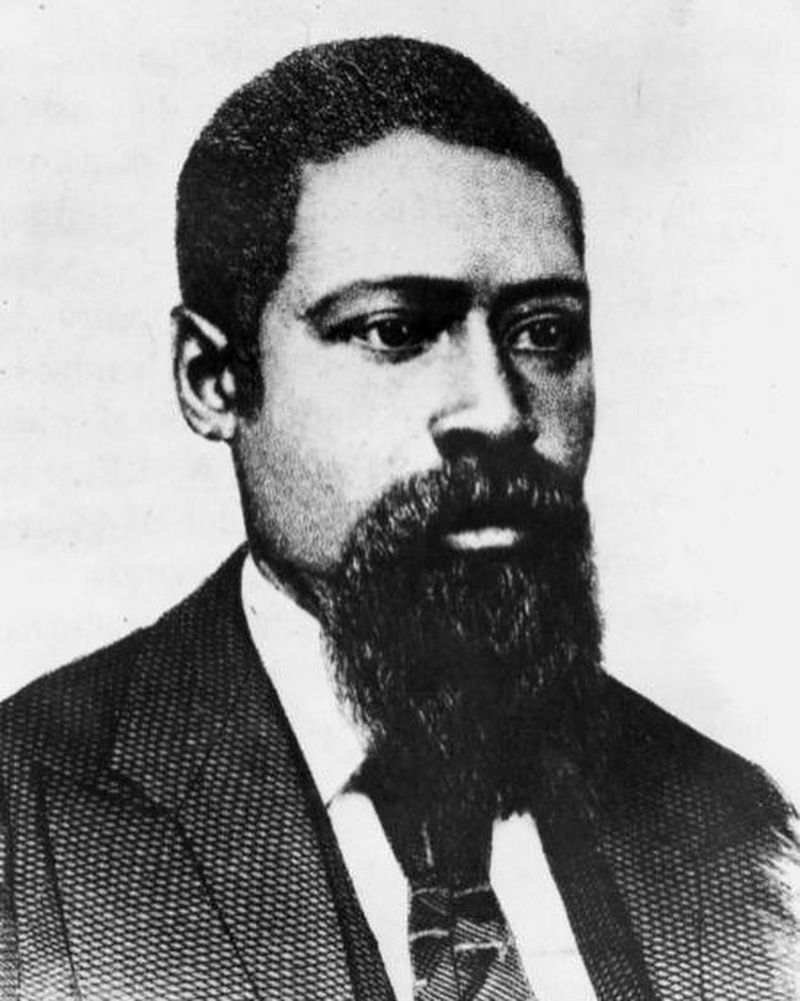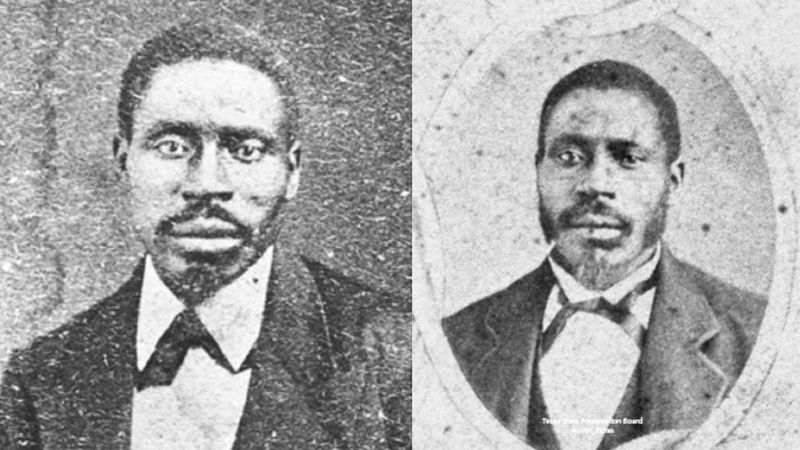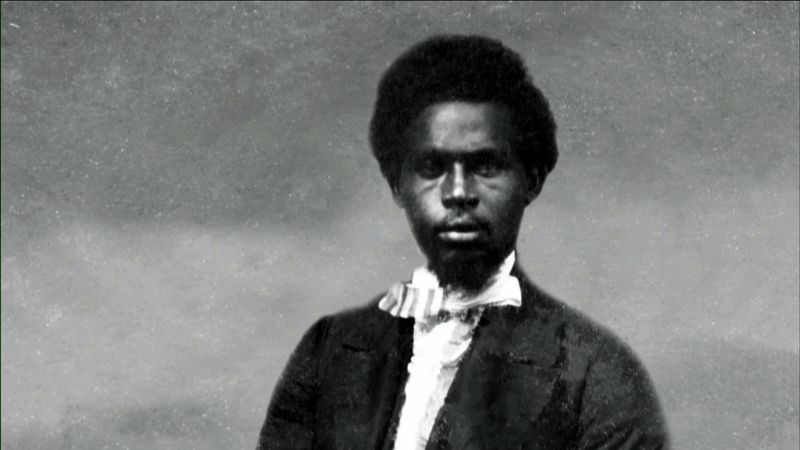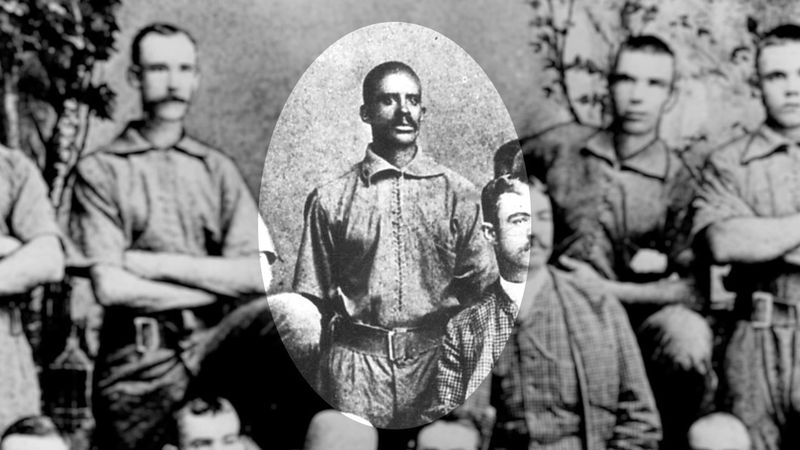The history of law enforcement is often told through a narrow lens, overshadowing the contributions of many black sheriffs and marshals who played vital roles in shaping justice in their communities. These ten individuals defied the odds, risking their lives to uphold the law while facing racial prejudice and violence. Through courage and determination, they left an indelible mark on history. This post uncovers the stories of Bass Reeves, Wyatt Outlaw, and others who, despite being marginalized, stood firm in their commitment to justice.
1. Bass Reeves (1838–1910) – The Real Lone Ranger?
Bass Reeves, known as the real-life inspiration for the Lone Ranger, was an exceptional lawman in the Wild West. Despite being illiterate, Reeves memorized warrants, showcasing his remarkable intelligence and cunning. Over the course of his career, he arrested over 3,000 outlaws and survived numerous assassination attempts. His steely resolve and unmatched skills made him a legendary figure. Tales of his exploits often blurred the lines between fact and folklore. His story is a testament to resilience and ingenuity in the face of oppression.
2. Wyatt Outlaw (????–1870) – Assassinated for Justice
Wyatt Outlaw was a beacon of hope during the turbulent Reconstruction era in North Carolina. As a Union veteran and constable, he bravely defended Black voters from the Ku Klux Klan’s terror. His dedication to justice made him a target, and he was tragically lynched by the Klan. Outlaw’s martyrdom ignited the push for federal anti-Klan legislation. His unwavering commitment in the face of danger highlights the perilous path he walked to protect democracy.
3. Grant Johnson (1847–1923) – The Deadly Gunslinger-Turned-Lawman
Grant Johnson’s transformation from gunslinger to lawman is a tale of redemption and bravery. Partnering with Bass Reeves, Johnson tackled notorious outlaws and survived numerous gunfights in Oklahoma. His presence was a warning to criminals, yet it also made him a target for those who despised his authority as a Black man. Despite the dangers, Johnson’s moral compass never wavered. His story is a narrative of courage and the constant battle for law and order in a hostile environment.
4. Eugene Bullard (1895–1961) – From WWI Hero to Harlem Cop
Eugene Bullard, famed for being the first Black combat pilot, transitioned from flying aces in WWI to enforcing laws on the streets of Harlem. His career as NYC’s first Black parole officer was marked by a struggle against entrenched racism. Despite his heroics, U.S. military honors eluded him until after his death. Bullard’s life was a saga of perseverance, spanning continents and wars, proving that valor knows no boundaries. His dual legacy as a pilot and officer endures, inspiring generations.
5. James Milton Turner (1840–1915) – From Slavery to Sheriff
James Milton Turner’s journey from slavery to becoming a Missouri sheriff and diplomat is a remarkable story of resilience. He fought tirelessly for Black education, facing violent resistance as mobs burned down his schools. Undeterred, Turner rebuilt them, embodying determination and hope. His diplomatic role as U.S. Ambassador to Liberia further showcased his dedication to justice and equity. Turner’s life was a testament to the power of education and advocacy in transforming society.
6. Sheriff Walter Moses Burton
Walter Moses Burton, born into slavery, rose to become the first Black sheriff in Texas. His election in 1869 marked not just a personal triumph but a significant milestone in the Reconstruction era. His ability to navigate the complex social dynamics of post-Civil War Texas is a testament to his diplomatic skill and tenacity.
Burton’s legacy extends beyond law enforcement; he later became a Texas State Senator, advocating for civil rights and educational opportunities for African Americans. His commitment to justice and equality made him a beacon of hope in a divided society.
Did you know? Burton was instrumental in establishing free public education in Texas, a lasting impact that continues to benefit future generations.
7. Robert Smalls (1839–1915) – Civil War Hero Turned Lawmaker
Robert Smalls’ daring escape from slavery by commandeering a Confederate ship is legendary. His audacious act paved the way for his political career as a South Carolina sheriff and U.S. Congressman. Despite the destruction of his courthouse by white supremacists, Smalls’ commitment to Reconstruction laws was unwavering. His life was a fusion of bravery and legislative advocacy, showcasing the transformative power of leadership and resilience. Smalls’ story is a cornerstone of American heroism.
8. Willie Kennard (1850s–?) – The Mysterious Marshal
Willie Kennard’s tenure as one of Colorado’s first Black town marshals is shrouded in mystery. Known for taming rowdy mining camps, his law enforcement career was marked by the arrest of white criminals who detested his authority. Yet, Kennard vanished from records, leaving behind a legacy of disciplined enforcement in tumultuous times. His story intrigues with its blend of mystery and lawfulness, highlighting the challenges faced by Black lawmen in the American West.
9. John “Bud” Fowler (1858–1913) – Baseball Star & Officer
John “Bud” Fowler, celebrated as the first Black professional baseball player, also served as a sheriff’s deputy in New York. His athletic career was marred by racism, leading to his ban from baseball, yet his dedication to justice off the field never faltered. Fowler’s life was a testament to adaptability and perseverance, balancing sports with law enforcement. His dual roles reflect the multifaceted challenges and successes of Black pioneers in America.
10. Henry Johnson (1897–1929) – Harlem’s “Black Sherlock Holmes”
Henry Johnson, dubbed Harlem’s “Black Sherlock Holmes,” excelled as NYPD’s first Black detective. Known for solving high-profile cases with forensic expertise, Johnson faced initial resistance from a racially biased department. His relentless pursuit of justice eventually earned him his badge, though his career was an uphill battle. Johnson’s story is one of intellectual tenacity and triumph, showcasing the potential of detective work in breaking racial barriers. His legacy as a pioneer endures in law enforcement history.
